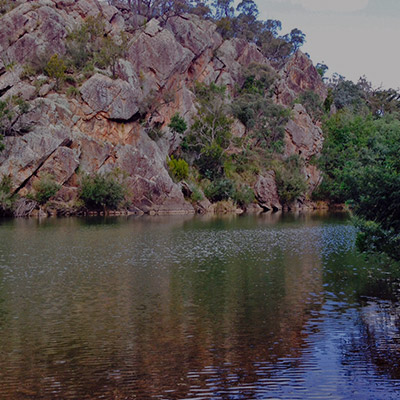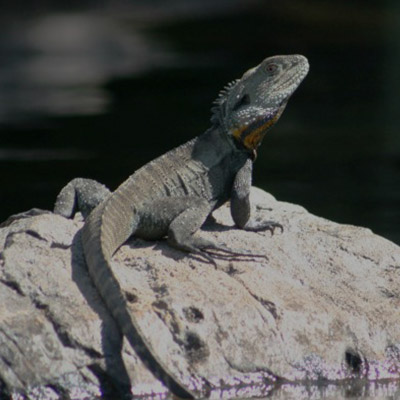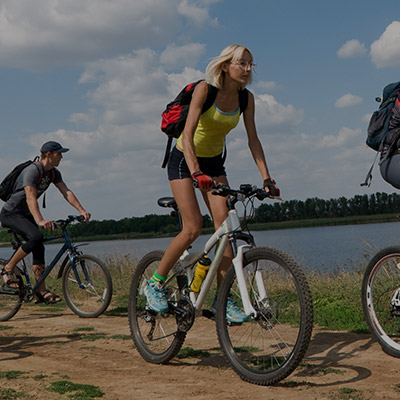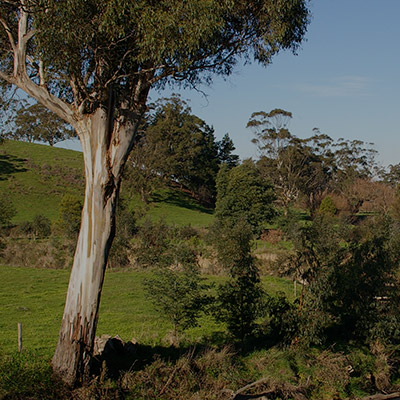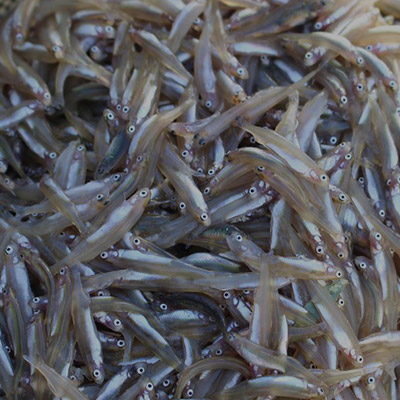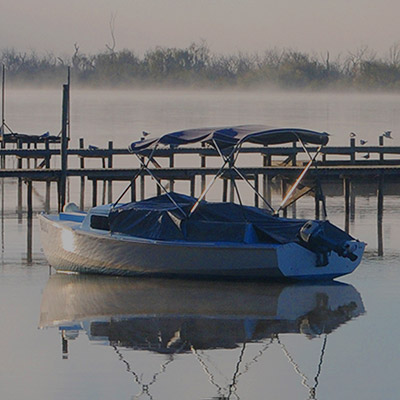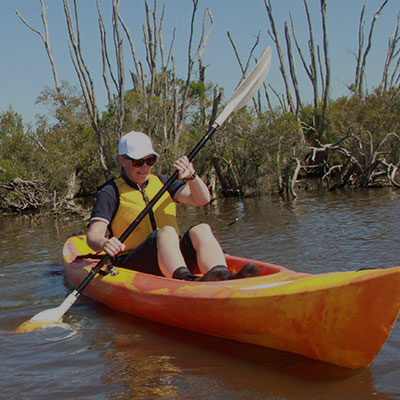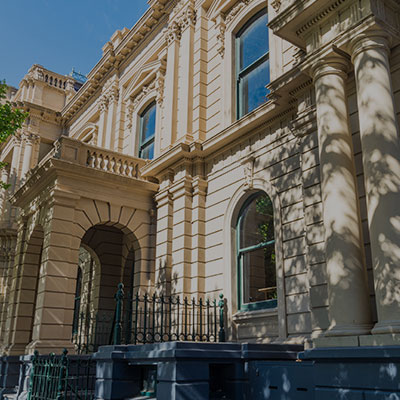By improving the health of rivers, wetlands and floodplains, water for the environment intrinsically helps everyone.
- It benefits recreational activities such as canoeing, fishing, bushwalking and birdwatching
- It sustains healthy Country for Indigenous people who have a continuing connection to rivers, wetlands and floodplains
- It improves the quality of water, which has indirect economic benefits for irrigated farming.
Twenty-eight of the top 50 Victorian recreational fishing spots (as identified in Fisheries Victoria's Improving Inland Recreational Fishing Survey, 2012) are logistically able to receive water for the environment.
Water delivered to Victorian rivers helps increase fish habitat, boosts fish food and increases 'connectivity', enabling fish to move up and down stream (and onto the floodplain) to feed and breed.
As we can see from how Victorians use waterways, rivers and wetlands are incredibly important to everyone.
Aside from the natural benefits of healthy rivers for communities, we can actively maximise additional community benefits in the way water for the environment is stored and used.
We work with waterway managers and managers of water storages (who deliver water to homes, farms and businesses) so we can maximise the release of water for the environment to deliver these broader community benefits.
For example, in recent years we have timed the release of water for the environment into some rivers that are popular with kayakers, so that river levels were higher over a long weekend – when most kayakers wanted to paddle.
We and Victoria's waterway managers (catchment management authorities and Melbourne Water) often receive feedback from communities about the broad range of recreational benefits experienced after water for the environment is delivered to sites. We hear reports of bumper recreational fishing catches, increased numbers of birdwatchers, improved canoeing and rowing regatta conditions, influxes of campers and bush walkers and a general improvement in the greenness of scenery encouraging picnickers and day-trippers.
Where possible, water for the environment managers try to maximise benefits like these, so long as the environmental reasons for the watering are not compromised.
